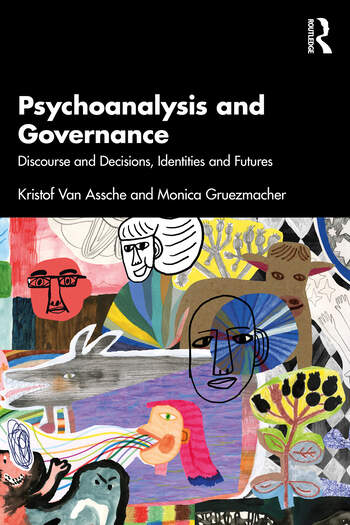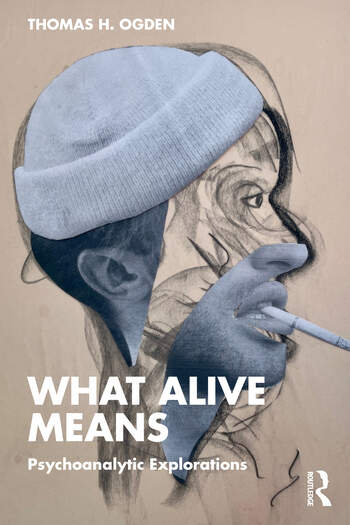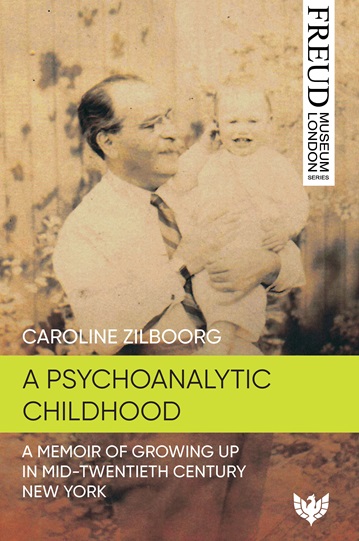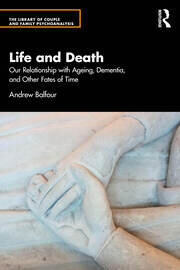Psychoanalysis and Governance: Discourse and Decisions, Identities and Futures

Book Details
- Publisher : Routledge
- Published : February 2025
- Cover : Paperback
- Pages : 208
- Category :
Lacanian Psychoanalysis - Category 2 :
Psychoanalysis - Catalogue No : 97947
- ISBN 13 : 9781032696683
- ISBN 10 : 1032696680
There are currently no reviews
Be the first to review
Psychoanalysis and Governance makes a cogent argument for the use of psychoanalytic perspectives in the understanding of governance, the process of collective decision-making which maintains and reshapes communities.
This book is highly relevant to those interested in the ever- expanding field of applications of psychoanalysis and for all those willing to observe the discursive and affective underpinnings of public policy, administration and planning. It locates the potential for self-analysis and self-transformation within governance, yet also indicates governance as the confluence of diverging understandings of the ideas of community and governance itself, as the place where competing desires and variegated patterns of fears and hopes collide and hold the transformational potential to destabilize the community.
Building on Freudian, Lacanian, and other psychoanalytic traditions, the book enriches our understanding of governance, the way communities remember and forget, are haunted by the past, remain untransparent to themselves yet also retain the possibility of reinvention, of imagining alternative selves, new futures, and discover paths to move in that direction. This book will be a suitable for psychoanalysts, planners, and all those interested in informed governance.
Reviews and Endorsements
Studies of governance, with the exception of those inspired by Foucault, have largely been dominated by institutional and statist approaches and typically have only examined the state side of civil society-state relationships. These approaches often adopt a technocratic stance, analyzing governance relations in terms of their capacity to undermine or support state aims. In this innovative text, Van Assche and Gruezmacher argue persuasively that analyzing governance regimes and arrangements using insights from the field of psychoanalysis can improve our understanding of what governance is all about, as a needed antidote to more orthodox approaches.
Michael Howlett, Simon Fraser University
Lacanian and other psychoanalytically inspired ideas are highly apposite to our socio-political present. Kristof van Assche and Monica Gruezmacher offer an accessible, innovative framework for empirical understanding of governance strategies and for formulating principles for reinterpretation and potential evolution of communities. Presuming no prior knowledge of psychoanalytic concepts, the authors of this stimulating book emphasise the role of narratives in exploring governance paths and in conceiving new pathways through processes of self-analysis, visioning and strategizing. With the planet facing catastrophe, can we afford not to question ourselves, our certainties and desires?
Jean Hillier, RMIT
Kristof Van Assche and Monica Gruezmacher have made a decisive contribution not just to our understanding of governance but also to how we think of the political value of psychoanalysis. Their book shows us in breathtaking detail how psychoanalysis can contribute to a positive theory of self-rule. Through the idea of self-analysis, they unleash the positive political valence of psychoanalysis in a completely new way. In the process, they produce what will surely be the work of reference for any consideration about the relationship between psychoanalysis and how we govern ourselves.
Todd McGowan, University of Vermont
Table of Contents
1. Introduction: Governance and psychoanalysis
2. Memory and identity
3. Governance routines and exceptional situations
4. Reality and reality testing in governance
5. Affect in governance
6. Inclusion, exclusion and diversity
7. Incoherence and ambivalence
8. Governance paths enabling and limiting
9. Power, drives and drivers in governance
10. Futures imagined and feared
11. Therapy?
About the Author(s)
Kristof Van Assche, a professor at the University of Alberta, is interested in evolution and innovation in governance. He explores the relations between knowledge, affect and organization in their implications for sustainability thinking and collective strategy. He is one of the proponents of Evolutionary Governance Theory (EGT).
Monica Gruezmacher is an associate researcher at the University of Alberta and an Adjunct Professor at Memorial University. In the past she worked as a policy advisor. She is interested in the challenges of managing long-term relationships between communities and their environment, especially in rural, remote and challenging settings.
Customer Reviews
Our customers have not yet reviewed this title. Be the first add your own review for this title.
You may also like
A Psychoanalytic Childhood: A Memoir of Growing up in Mid-Twentieth-Century New...
Caroline Zilboorg
Price £22.49
save £2.50
Life and Death: Our Relationship with Ageing, Dementia, and Other Fates of Time
Andrew Balfour
Price £24.99







